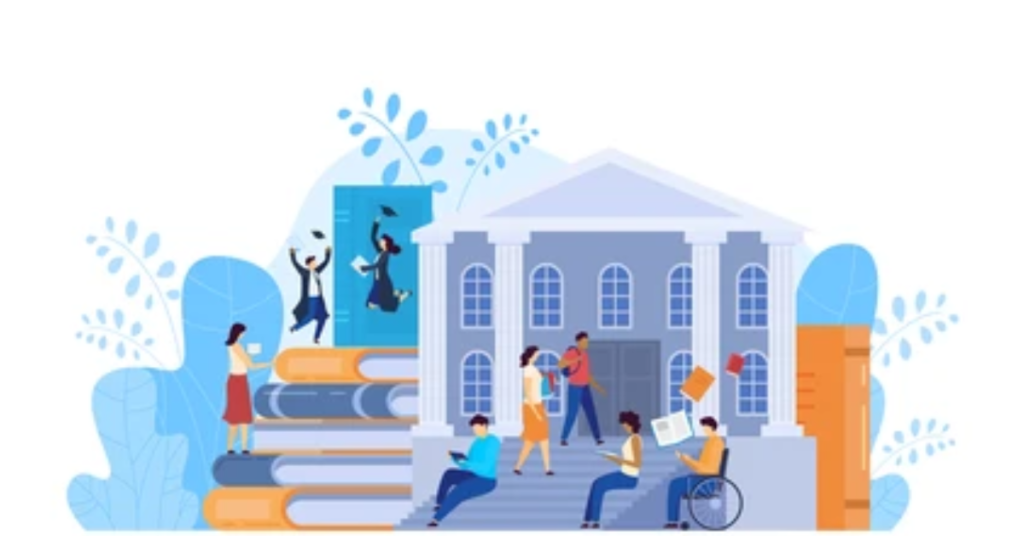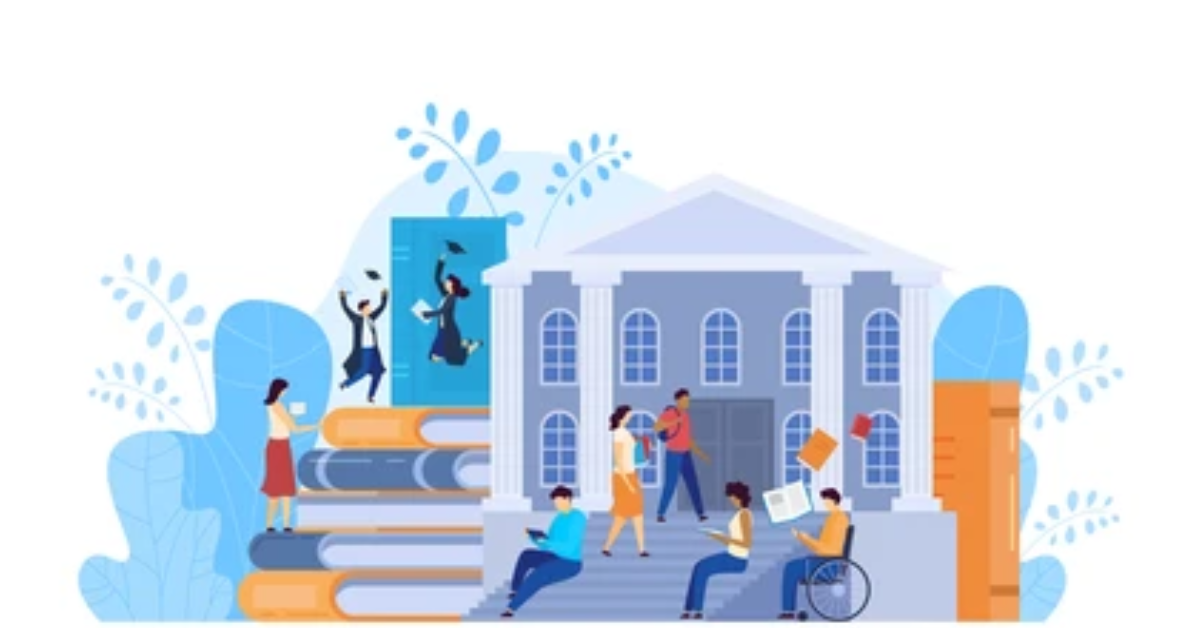As universities aim to foster inclusive environments, disability services have become vital in supporting students with various needs. These services ensure that individuals with disabilities, whether physical, mental, or sensory, have the resources and accommodations required to fully engage in academic, social, and extracurricular activities. By offering tailored support, universities empower students to thrive in their educational journey without facing barriers that might otherwise hinder their success.

Understanding University Disability Services
Disability services at universities are comprehensive support systems designed to promote equal access to education. They operate under federal and state laws, such as the Americans with Disabilities Act (ADA) and Section 504 of the Rehabilitation Act, which mandate institutions to provide reasonable accommodations to students with disabilities.
University disability services are responsible for assessing each student’s needs and developing an individualized plan to ensure they can participate fully in all aspects of university life. These services can include a wide range of accommodations, such as extended testing times, accessible classrooms, note-taking assistance, and adaptive technology. Furthermore, disability services often collaborate with faculty and staff to ensure that accommodations are implemented effectively, maintaining a seamless experience for the student.
Types of Disabilities Supported
Students who utilize university disability services come from diverse backgrounds, with varying types of disabilities. It’s important for these services to address the full spectrum of challenges that students may face, including:
- Physical Disabilities: This category includes students with mobility impairments, such as those who use wheelchairs, crutches, or other mobility aids. Universities must ensure that buildings, classrooms, and pathways are accessible through ramps, elevators, and automatic doors.
- Sensory Disabilities: Students with sensory disabilities, such as blindness, low vision, or deafness, require specialized accommodations like Braille materials, screen readers, or sign language interpreters.
- Learning Disabilities: Students with learning disabilities, such as dyslexia or ADHD, benefit from tailored support that may include additional time for exams, the use of assistive software, or access to alternative formats for reading materials.
- Mental Health Conditions: Mental health conditions, including anxiety, depression, and bipolar disorder, can also qualify for accommodations. Universities often provide mental health counseling, extended deadlines, and other supportive measures.
- Chronic Illnesses: Students with chronic conditions, like diabetes, epilepsy, or chronic fatigue syndrome, may require flexibility in their attendance or access to medical care on campus.
By addressing a broad range of disabilities, university disability services create a more inclusive environment where all students can succeed, regardless of their individual challenges.
Key Services and Accommodations Offered
The services offered by university disability departments vary depending on the institution, but there are several common accommodations that help students succeed in higher education.
- Academic Accommodations: These adjustments are perhaps the most well-known and include extended time on exams, alternative testing locations, and access to note-takers or scribes. Additionally, students may be allowed to record lectures or receive course materials in alternative formats, such as digital text or Braille.
- Physical Accessibility: Universities must ensure that their facilities comply with accessibility standards. This includes making sure that buildings, classrooms, and restrooms are wheelchair accessible, providing adaptive technology in computer labs, and ensuring that transportation options are available for students with mobility impairments.
- Technological Assistance: Many universities provide access to assistive technology, such as screen readers, speech-to-text programs, and specialized software that aids in reading and writing. These tools help level the playing field for students who may struggle with traditional methods of accessing information.
- Housing Accommodations: Disability services often work with campus housing to ensure that dormitories meet the needs of students with disabilities. This can include providing wheelchair-accessible rooms, offering single-room accommodations for students with sensory sensitivities, or providing in-room medical equipment for students with chronic illnesses.
- Counseling and Mental Health Support: Mental health is a critical component of disability services. Many universities offer counseling and psychological services to help students manage stress, anxiety, or other mental health conditions. These services often work in tandem with academic accommodations to ensure students receive holistic support.
- Advising and Academic Support: Disability services often provide advising tailored to each student’s needs, ensuring that their academic workload and course selections align with their abilities. This can include regular check-ins, assistance with navigating university policies, and access to tutors who are trained to work with students with disabilities.
The Legal Framework Supporting Disability Services
The legal landscape surrounding disability services is guided by several key pieces of legislation designed to protect the rights of individuals with disabilities.
- Americans with Disabilities Act (ADA): Enacted in 1990, the ADA prohibits discrimination against individuals with disabilities in all areas of public life, including education. Under this law, universities are required to provide reasonable accommodations that enable students with disabilities to access educational programs.
- Section 504 of the Rehabilitation Act: This federal law, passed in 1973, was one of the first to prohibit discrimination on the basis of disability. Section 504 specifically applies to institutions that receive federal funding, including universities, and mandates that they must provide appropriate accommodations and services.
- Individuals with Disabilities Education Act (IDEA): While IDEA primarily applies to K-12 education, its principles continue to influence higher education. Students transitioning from high school to university under IDEA are often already familiar with individualized support plans, which can help guide their accommodations in a university setting.
Challenges Faced by University Disability Services
While universities strive to provide comprehensive support, disability services often face challenges. One significant issue is funding—disability services require substantial financial resources to offer the full spectrum of accommodations, including specialized technology, personnel, and infrastructure updates. Budget limitations can impact the quality and availability of services at some institutions.
Additionally, there is often a lack of awareness about the availability of disability services among students and faculty. Many students may not realize they qualify for accommodations or may be hesitant to seek help due to the stigma surrounding disabilities. Universities must work to promote these services and create an environment where students feel comfortable accessing the support they need.
How Students Can Access Disability Services
Students seeking accommodations must follow a process that typically begins with registration with the university’s disability services office. The process may involve:
- Submitting Documentation: Students are usually required to provide medical documentation or proof of their disability. This documentation helps the university determine appropriate accommodations.
- Meeting with a Disability Services Coordinator: After submitting the necessary paperwork, students often meet with a coordinator to discuss their specific needs and develop an individualized accommodation plan.
- Implementing Accommodations: Once a plan is in place, disability services work with faculty and other university departments to implement the accommodations. Students are also encouraged to communicate regularly with the office to ensure their needs are being met.
The Importance of Disability Awareness and Advocacy
Creating an inclusive environment goes beyond providing accommodations. Universities must also promote disability awareness and advocacy among their communities. This can include hosting events, workshops, and training sessions that educate faculty, staff, and students about disability rights and best practices for supporting peers with disabilities.
Disability advocacy groups on campus can also play a vital role in raising awareness and pushing for improvements in university policies. By fostering a culture of inclusion, universities can ensure that students with disabilities are not only supported academically but are also fully integrated into the broader campus community.
Conclusion
University disability services are essential in ensuring that students with disabilities have equal access to educational opportunities. Through a combination of legal protections, academic accommodations, and ongoing support, these services empower students to overcome challenges and achieve their academic goals. As institutions continue to evolve and prioritize inclusivity, the future for students with disabilities looks increasingly promising, with more opportunities for success and engagement in all aspects of university life.
